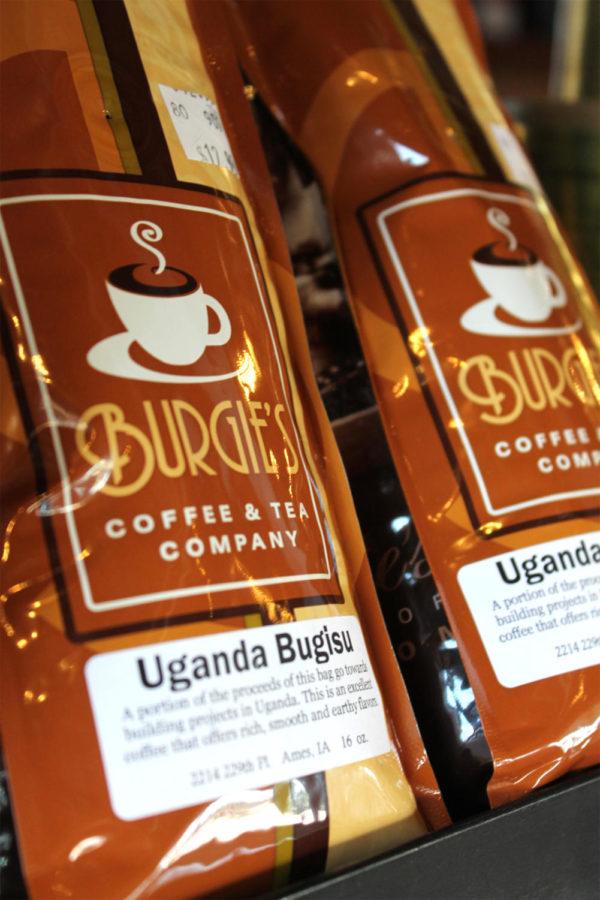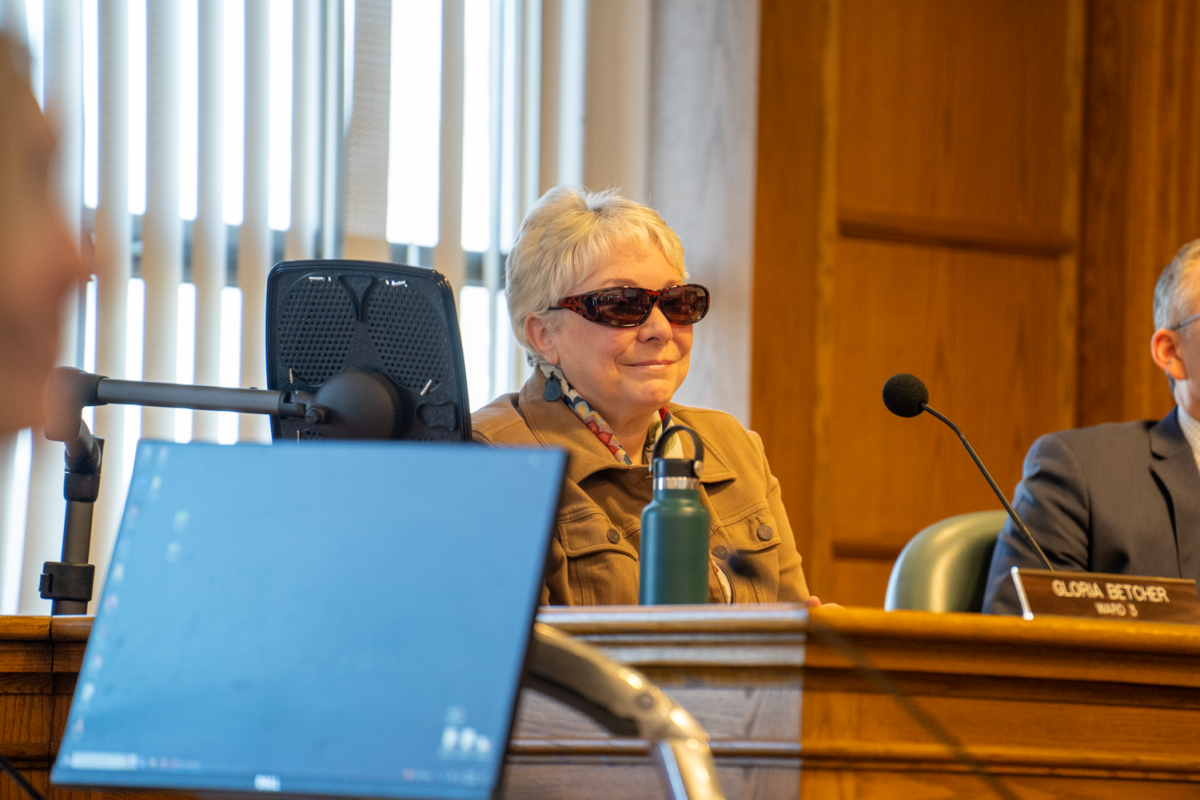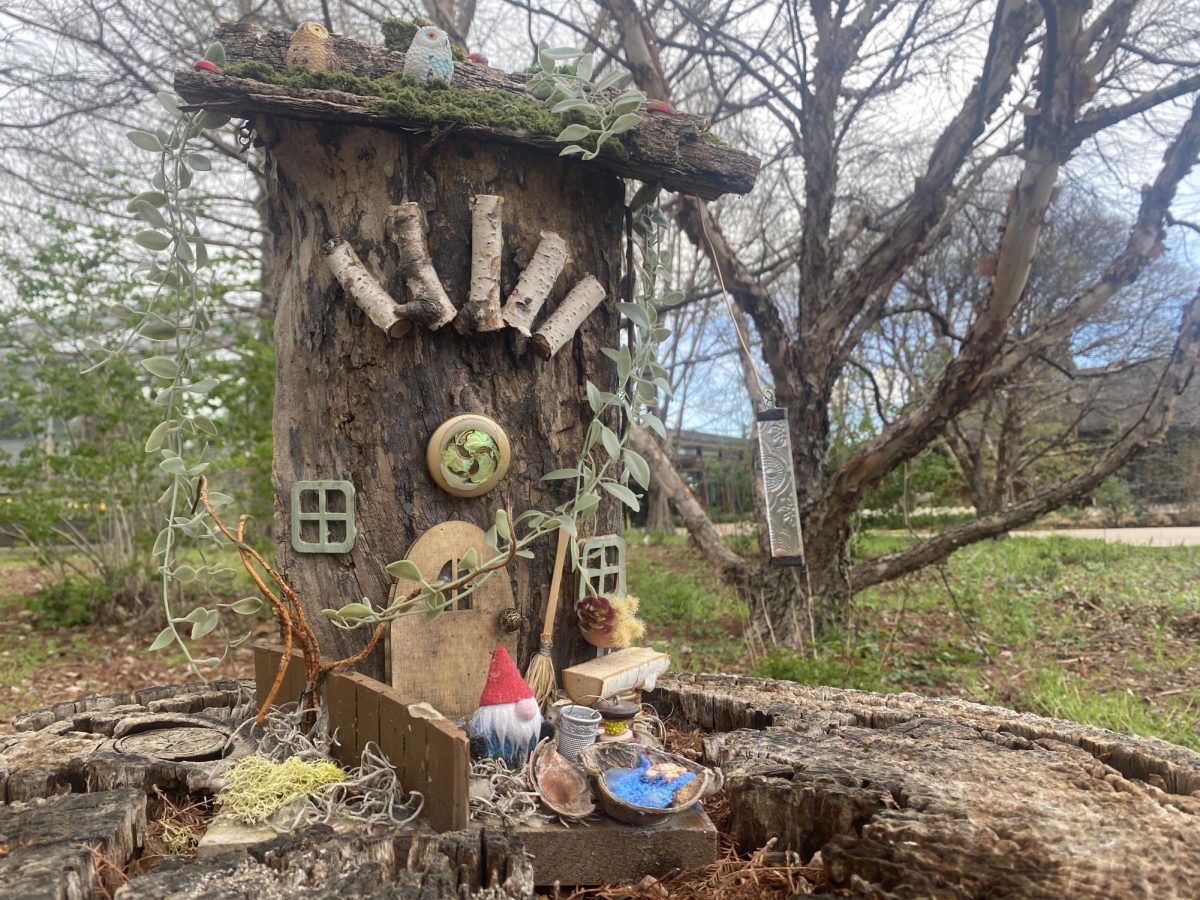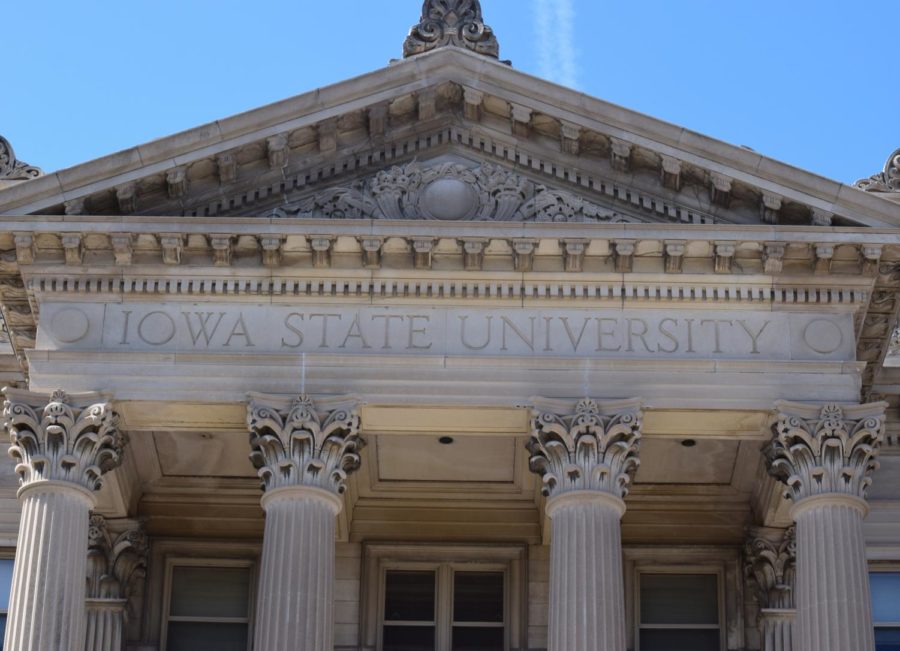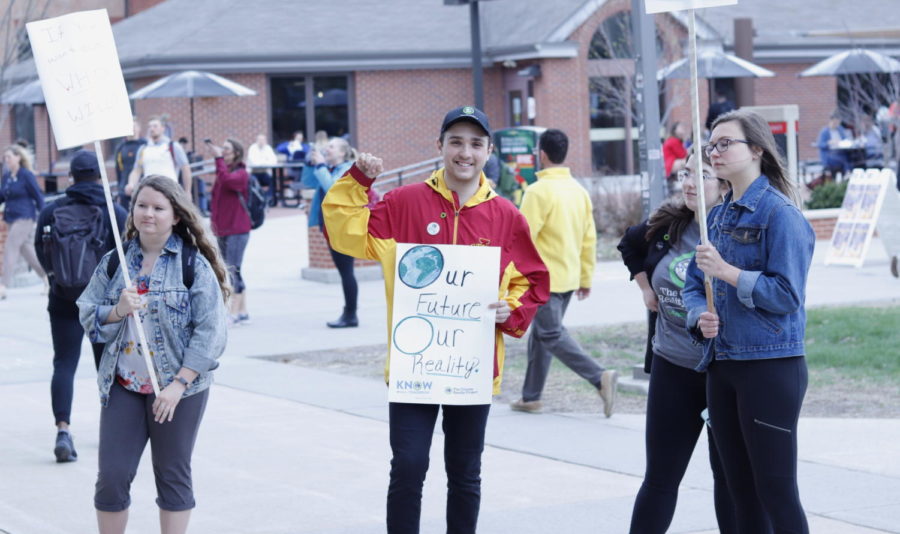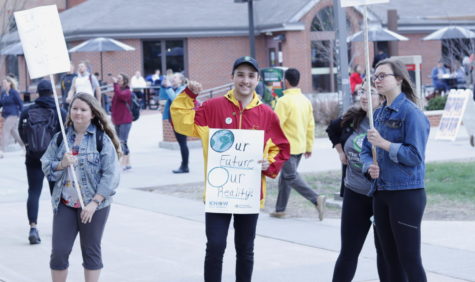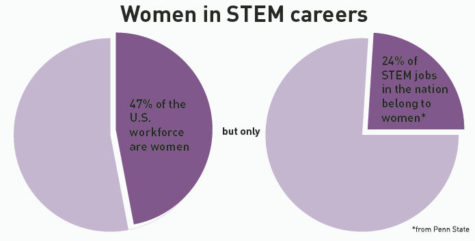ISU Dining to open Global Cafe as part of Curtiss Hall renovations
Photo: Riley Eveleth/Iowa State Daily
The Global Cafe will be the only cafe on campus in which you can receive a cup of coffee made with beans from Uganda.
September 3, 2013
Nearly 8,000 miles separate Uganda from Ames, but with the help of the Global Cafe, Uganda is closer than ever.
ISU Dining is scheduled to open the Global Cafe Tuesday in Harl Commons in Curtiss Hall. The cafe is significant as the only cafe on campus from which students can receive a cup of coffee made with Ugandan beans.
“This will be the sixth type of coffee offered on campus,” said Brittney Rutherford, ISU Dining marketing coordinator. “It will be the first kiosk cafe with plenty of space for gathering.”
The College of Agriculture and Life Sci-ences, the Center for Sus-tainable Rural Livelihoods, Volunteer Efforts in Devel-opment Cooperation and Makerere University service students work with the people of Uganda on agriculture, education, energy and micro financing.
“The partnership started when one of our alums
came to us and said … we want Iowa State to go find a place in the world that could use our help … be successful and a place where Iowa State could work and make a contribution,” said David Acker, associate dean of academic and global programs in the College of Agriculture.
The college leads the partnership with Uganda on behalf of the university, but nearly all colleges on campus have contributed to the program as well.
“If there is one thing we have learned from working in Uganda, it is that you can’t just fix one thing,” Acker said. “You can’t go in and say, ‘OK, if we fix agriculture, everything will be fine,’ but agriculture is connected to the economy, nutrition, schools and everything else.”
Fifty percent of the profit made by the Global Cafe will go directly to the Center of Sustainable Rural Livelihoods, which is a program helping farmers and families in rural Uganda.
“[The money] will go back into our program fund that is used to support children, preschoolers, primary school kids, scholarships for students to go to a university and support to farmers,” Acker said.
The commission raised will be given on an annual basis, Acker said, not in just one specific area, but multiple areas to address the needs of Ugandans of all ages.
Dylan Clark, senior in global resources and environmental studies, has been to Uganda twice with the service learning program and worked directly with Ugandans.
“I’ve been able to interact with farmers and really develop an amount of respect for the work they do,” Clark said. “The pressure they have to feed their family from cultivating the soil and work long hours to do that … they have hope and see progress for the future which is inspiring and motivates you to help them in any way.”
Students like Clark work to educate the Ugandans on how farming is the backbone to the economy.
“We work with a primary school garden program there, to encourage the students to see agriculture as a good thing to do,” Clark said. “Many see it as the lower tier of society and hope to become a doctor or lawyer but unfortunately they don’t have the opportunity to do that really to. They need to see the benefit of doing agricultural.”

